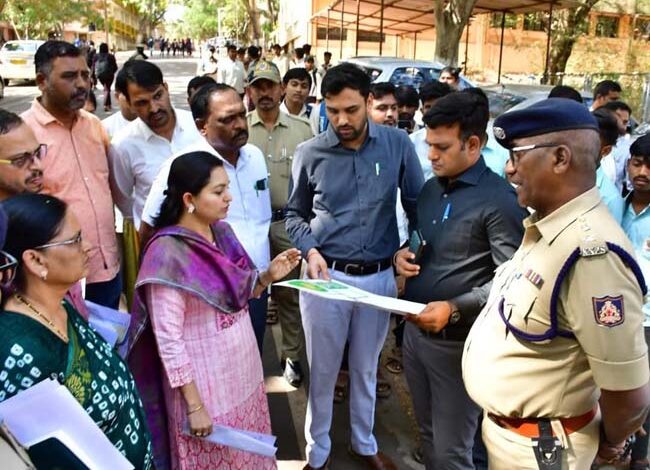Summary
- A proposed update to a 2023 legislation aims to make it easier to do business in India without the fear of fines, court hearings or jail terms for minor corporate offenses.
- It will also repeal redundant laws, eliminate duplicate provisions, and remove regulations that have outlived their relevance.
New Delhi: The government is preparing to decriminalize more than 100 offences under various laws by the end of this year to improve investor confidence and unlock potential for faster economic growth, three persons familiar with the development said.
The Jan Vishwas Bill 2.0 that seeks to decriminalise such provisions will be tabled during the monsoon or winter sessions of Parliament, they said.
India’s decriminalization drive announced by finance and corporate affairs minister Nirmala Sitharaman on 1 February entails removing criminality from minor violations and procedural lapses, dropping outdated provisions in the law, and making the regulatory regime more suited to current economic realities.
In effect, such offences would no longer lead to arrests, a court trial, or a jail term, but would be adjudicated by regulators, with the possible levy of a fine.
The aim is to amend certain labour, securitization, consumer, banking, and financial laws, and provisions specific to sectors like mining, transportation, and petroleum in one go under the proposed legislation, said the first of the three people mentioned above.
“Provisions that were not decriminalized in the previous drive—Jan Vishwas Act of 2023—will be included in the new bill,” this person said. In the 2023 law, more than 180 offences were decriminalised.
The department for promotion of investment and internal trade (DPIIT), which is spearheading the legislative work on Jan Vishwas Bill 2.0, has already reviewed over 900 provisions across 129 laws administered by more than 30 ministries or departments. Among these, 82 provisions have been marked as priority areas for decriminalization or modification, a second person said.
“The DPIIT has reviewed the provisions submitted by various ministries to identify those that need revision or removal for improved industry functioning,” this person said. “The bill is currently in the preparation stage and is expected to be introduced in an upcoming session of Parliament.”
Separately, there would be another round of amendments to the Companies Act to give relief to companies from violations of technical breaches. This will be taken up independent of Jan Vishwas Bill 2.0 as the Companies Act is a major law for the corporate sector, said the third person.
A review of the Companies Act is underway in light of the budget announcement, this person added.
All three people mentioned here spoke on condition of anonymity.
Queries emailed on 25 March to the ministries of finance and corporate affairs and on 28 March to DPIIT seeking comments remained unanswered.
Beyond decriminalisation
The previous round of decriminalisation under Jan Vishwas Act of 2023 offered significant relief for industry, said Chandrajit Banerjee, director general of the Confederation of Indian Industry.
For the next round, CII has submitted a comprehensive list of provisions, covering 39 centrally enforced legislation in areas such as labour, environment, consumer, securitization, foreign exchange, securities, banking, and financial laws, Banerjee said.
“In an overarching principle across statutes, we believe that technical or procedural violations such as failure to file annual returns, maintain statutory records, or comply with procedures, should be decriminalized,” said Banerjee.
Beyond decriminalization, Jan Vishwas Bill 2.0 also aims to repeal redundant laws, eliminate duplicate provisions, and remove regulations that have outlived their relevance.
The ministry of road transport and highways has lined up over 25 provisions for amendments—the highest, said the second person quoted above. Additionally, 21 provisions under the Motor Vehicles Act, 1988 are to be revised.
The ministry of skill development and entrepreneurship has identified 13 provisions, while the consumer affairs ministry is expected to address 12. The ministries of textiles and commerce will work on modifying nine and six provisions, respectively. The department of school education and literacy has been tasked with reviewing four provisions, some of which relate to teacher education institutes, the second person said.
The health ministry and the ministry of micro, small and medium enterprises will work on three provisions each, while the power ministry and the department of financial services have two provisions each under review.
There is a need to replace fines, which require court trials, with monetary penalties, said Banerjee of CII. “This, besides improving ease of doing business, would have an enormous effect in bringing down pendency of cases in the courts, especially if applied retrospectively,” he said.
Source:





















